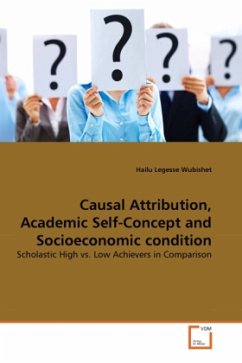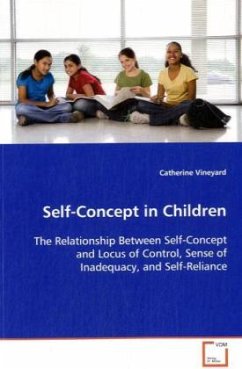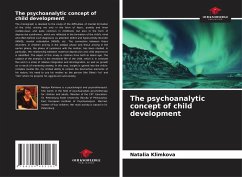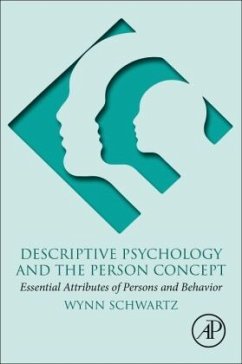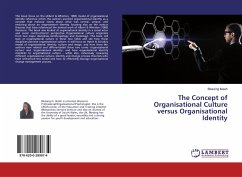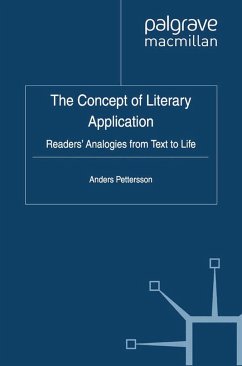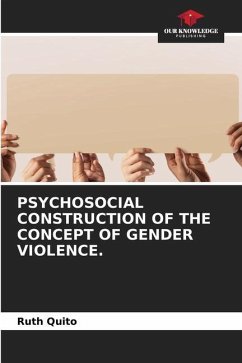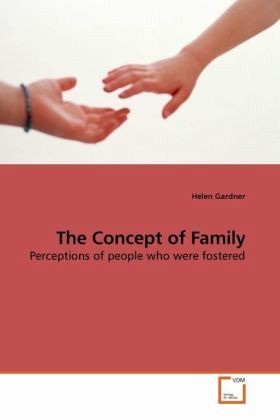
The Concept of Family
Perceptions of people who were fostered
Versandkostenfrei!
Versandfertig in 6-10 Tagen
52,99 €
inkl. MwSt.

PAYBACK Punkte
26 °P sammeln!
Who count as family for people who were in long-term foster care? Biological family? Foster family? How close do they feel to them? How would they like it to be? This important book reports on studies of children in foster care, and adults who were in foster care as children, using both quantitative and qualitative methods. The findings raise many issues, including (a) attachment to both biological and foster parents which current formulations of attachment theory fail to address, (b) societal assumptions about the primacy of biological relationships, (c) whether the importance of continuing p...
Who count as family for people who were in long-term foster care? Biological family? Foster family? How close do they feel to them? How would they like it to be? This important book reports on studies of children in foster care, and adults who were in foster care as children, using both quantitative and qualitative methods. The findings raise many issues, including (a) attachment to both biological and foster parents which current formulations of attachment theory fail to address, (b) societal assumptions about the primacy of biological relationships, (c) whether the importance of continuing parent-child contact implies that parent-child reunion will benefit the child, and (d) quality control regarding abuse while in foster care. This report should be especially valuable for all professionals who make decisions based on the best interests of children in care, as well as academics and others who prepare them for the task.



